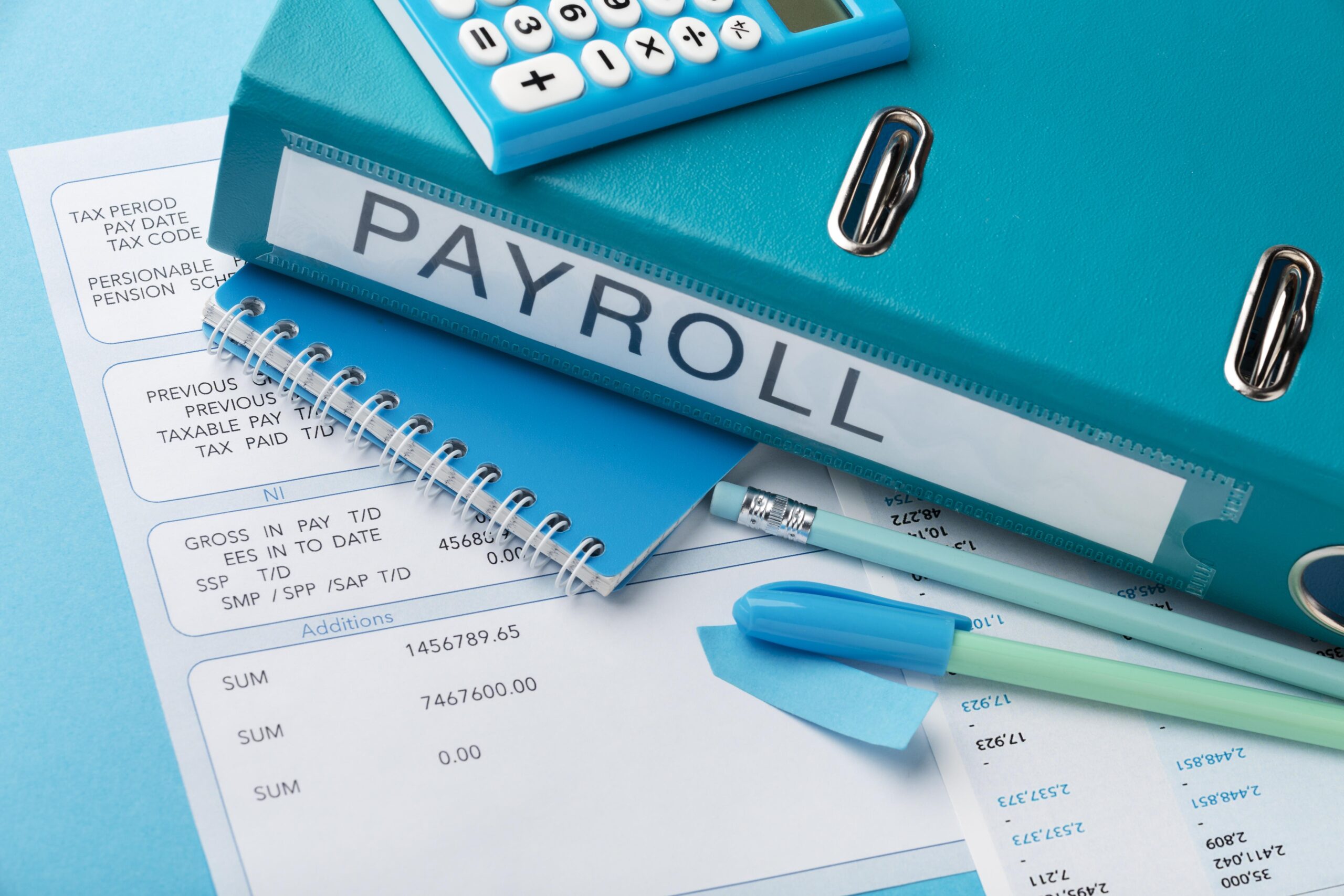Deductions on a Pay Stub: Beginner’s Guide (2025)
Introduction to Deductions on a Pay Stub
Deductions on a pay stub are the amounts subtracted from your total earnings before you receive your paycheck. Understanding these payroll deductions is essential for managing finances, budgeting correctly, and planning for taxes. Whether you use a regular pay stub or a pay stub generator, knowing how withholdings work helps ensure accuracy and transparency in your payroll.
What Are Deductions on a Pay Stub?
These refer to various amounts withheld from your gross pay to calculate your take-home pay. They can include taxes, retirement contributions, insurance premiums, and other voluntary withholdings. By understanding your pay stub deductions, you can see where your money goes and make informed financial decisions.
Types of Pay Stub Deductions
Mandatory Deductions
Mandatory withholdings are required by law. These typically include:
- Federal income tax
- State and local taxes
- Social Security contributions
- Medicare tax
These deductions ensure compliance with federal and state regulations. For more information, visit the IRS website.
Voluntary Deductions
Voluntary pay stub deductions are chosen by the employee and may include:
- Health or dental insurance premiums
- Retirement savings contributions (401k or IRA)
- Flexible spending accounts (FSA)
- Charitable donations
These optional withholdings can reduce your taxable income and help you invest in long-term financial security.
Breakdown of Common Pay Stub Deductions
Federal Income Tax
This is one of the most common deductions on a pay stub. The amount withheld depends on your W-4 form, income, and filing status. These funds support federal programs and services. Learn more on the IRS website.
State and Local Taxes
These vary based on where you live. States like California and New York charge income tax, while states such as Florida and Texas do not.
Social Security and Medicare
Social Security is typically 6.2% of your earnings, and Medicare is 1.45%. These payroll deductions fund national retirement and healthcare programs. Visit the Social Security Administration for details.
Voluntary Deductions Explained
Voluntary deductions include health insurance, retirement savings, and employee benefit contributions. Reviewing these helps you monitor personal benefits and ensure deductions match your selected options. A pay stub template can help track these details clearly.
How Pay Stub Deductions Affect Take-Home Pay
Your take-home pay is what remains after all withholdings and contributions are applied. Understanding these deductions helps you plan budgets, manage expenses, and avoid financial surprises. Always review your payroll to confirm that every amount is accurate.
Why Reviewing Deductions Matters
- Ensure taxes and withholdings are correct
- Confirm voluntary deductions are accurate
- Track insurance and retirement contributions
- Understand your true net income
Regularly checking your deductions on a pay stub prevents payroll errors and keeps your financial records accurate. Keep a copy of each pay stub for your records.
Tools for Managing Pay Stub Deductions
Using a reliable pay stub generator helps calculate and display all deductions automatically. These tools simplify payroll management for employees, freelancers, and small business owners.
Smart Tips for Tracking Payroll Deductions
- Review each pay stub after every pay period
- Keep copies for tax and budgeting purposes
- Ask HR for clarification on any unclear deduction
- Track annual totals to set future savings goals
- Use online payroll tools for easy verification
FAQs About Deductions on a Pay Stub
Do all employees have the same deductions?
No. While some withholdings like federal tax and FICA are mandatory, others depend on your benefits and preferences.
Why does my take-home pay change?
Changes in pay stub deductions can occur due to overtime, tax updates, or benefit adjustments.
Can I reduce my deductions?
Yes. Contributing to pre-tax plans like a 401(k) or FSA can lower taxable income and overall deductions.
How long should I keep pay stubs?
It’s recommended to keep at least one year of records for tax and financial tracking purposes.
Conclusion: Understanding Deductions on a Pay Stub
Understanding deductions on a pay stub helps you manage income effectively, verify payroll accuracy, and make better financial decisions. By regularly reviewing your pay details, you ensure proper withholdings and stay financially organized. Use a regular pay stub or pay stub generator for easy payroll tracking and clear records.

